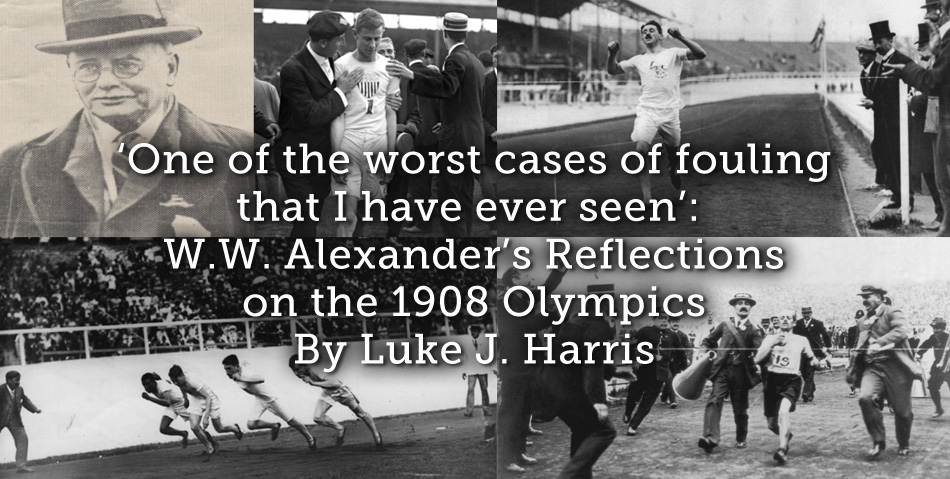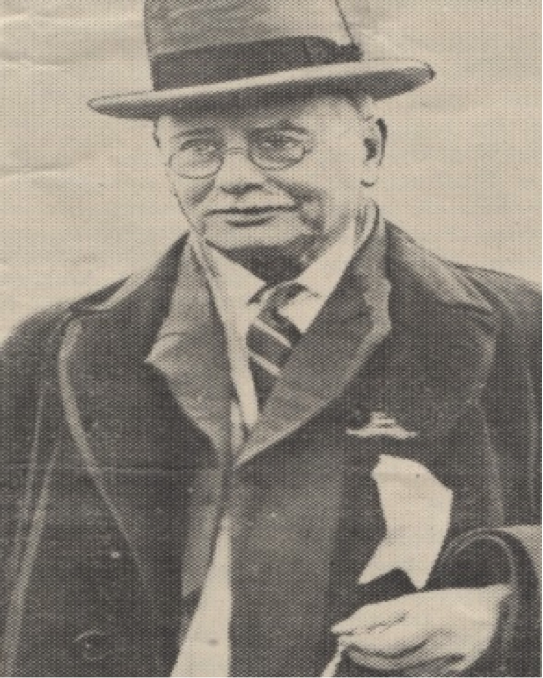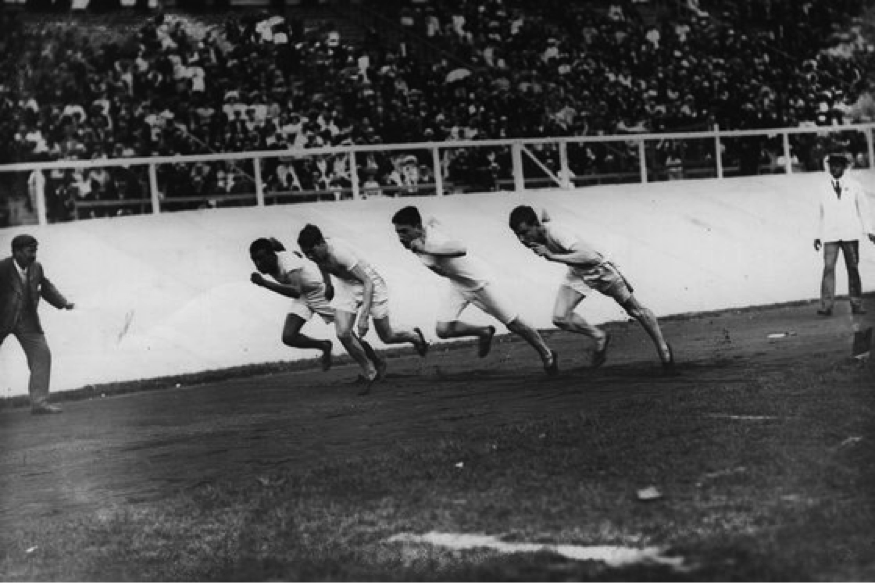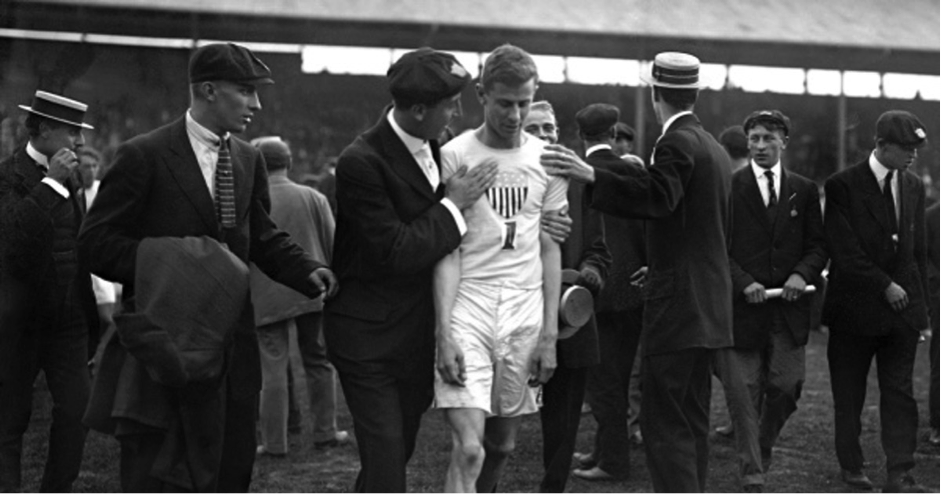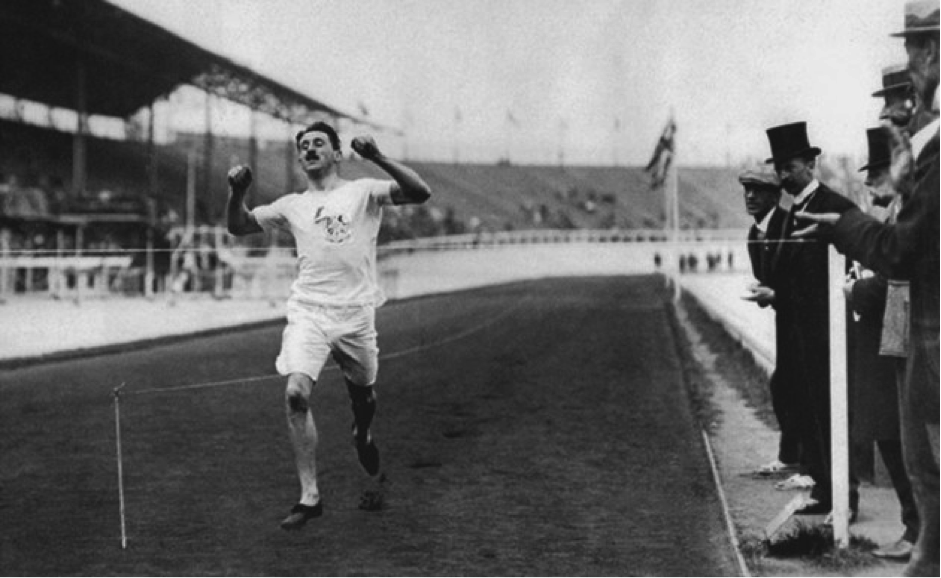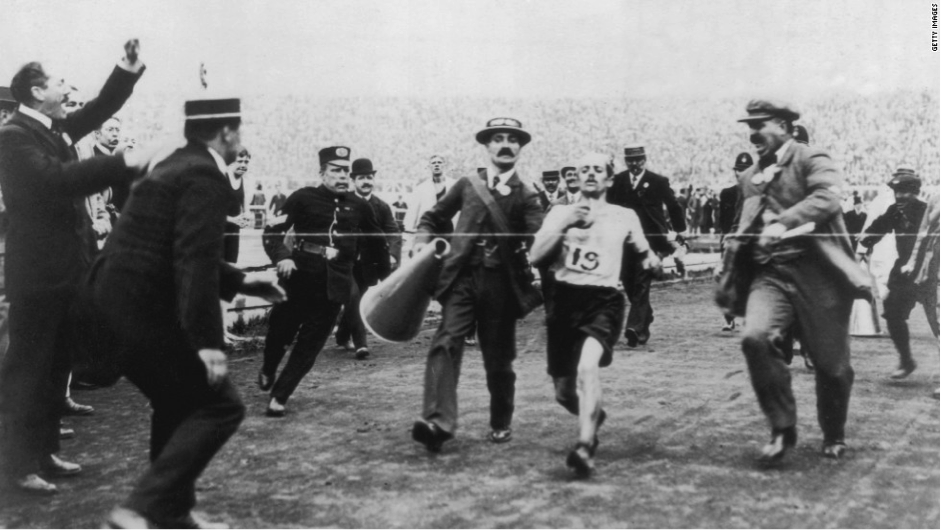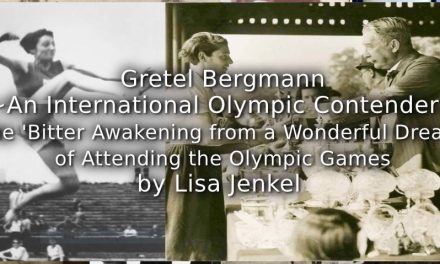At the turn of the twentieth century, Britain was awash with newspapers, both national and local, publications which can give historians an insight into the opinions that existed within the nation. One type of newspaper which flourished at this time was the sporting newspaper, hardly surprising considering the fervour sports had created amongst the British people. These publications, which were primarily regional in focus and are a valuable source for giving insight into Britain’s favourite pastimes like no other from this period.
A prime example of a regional sports newspaper is Birmingham’s weekly; ‘The Sporting Mail’. Within this publication, sat alongside extensive sporting results from this area rich in both professional and amateur sport are editorials from men with an intimate knowledge of their chosen sport, one of these, ‘Athletic Notes’ will be the focus of this article.
‘Athletic Notes’, appeared primarily throughout the summer months and was written by W.W. Alexander. This column gave opinion and reflection on not just Midlands, but also British athletics and it provided perspective on organisation, athletes, selections and races. Here the concentration will be upon Alexander’s comments regarding the 1908 London Olympics, a pivotal event in the history of British sport and wider Olympic history.
Alexander was a figure whose opinion should be valued by historians, as he was not simply a journalist, but also someone with involvement in the running of the sport. His involvement was primarily within Birmingham’s Birchfield Harriers Club, where he was not only club secretary, but also a successful cross-country runner. He also served upon the committees of the Midland Counties Amateur Athletic Association (MCAAA), and as a referee.
- WW Alexender – src: http://archive.birchfieldharriers.com/athletes/william-whiteway-alec-alexander/
Despite Alexander’s connections to the establishment, his criticism of them demonstrates the problems and weaknesses which existed within British athletic organisation at this time. These comments made all the more valuable by the fact that we know who wrote them, unlike others who wrote under pseudonym’s such as ‘old blue and ‘runner’ as appeared within Manchester’s ‘Athletic news’.
Alexander’s comments upon the Olympic Games represent only a fraction of his editorials within the newspaper, which certainly demand further investigation by historians. These articles give us insight into the selection and failure of the British team, along with reflections upon the Marathon and 400 metre races, two pivotal events from these Games.
Alexander’s first reference to the 1908 Olympics occurred in May, after the holding of trial Games in London’s White City Stadium (which was to host the Olympics). This was a location which he noted athletes from the North-West of England were not pleased with. He remarked that these men felt there should have been trials ‘run in the North, East, and Midlands[1]’ and places given on these performances or all of the successful men should have been brought together for a final trial.
This was an idea which Alexander agreed with, because it would have created a ‘more representative team[2]’. He then bemoaned that the expensive entry and rail fares put many off from attending trials in London. He concluded with support for the selection committee, who he remarked jobs were a ‘thankless one.’
In July, as the Olympic athletic events began, Alexander observed at first hand the performances of the American athletes who dominated the Games, as he worked as both a journalist and referee. On 25 July, he remarked upon the splendour of the American athletes and stated, ‘there is little chance of our winning any scratch race up to 220 yards when our American opponents are in the field[3]’.
The following week offered him a chance to reflect on the event, which he felt ‘has had a most disastrous effect upon the reputation of British athletics[4]’. Alexander was buoyed by the performance of the longer distance events, for which he thanked ‘the cross country clubs who bring out athletes trained for every branch of our summer games[5]’ and listed athletes who he believed had performed well.
Included within his list was Scotsman Wyndham Halswelle, winner of the infamous and controversial 400 metres race. In the final, Halswelle had been pitted against three American athletes and in a race run without lanes. Before the race concluded it was stopped, with the British judges citing illegal ‘boring’ from the American Carpenter. This saw Carpenter ejected from the re-run and in protest his two compatriots declined to run, leaving Halswelle to win the only walk-over in Olympic athletic history.
- Start of the disputed 400m race – Halswelle 2nd from right – src: www.alchetron.com
It is not clear if Alexander had been involved in the referring of this event, although Birmingham’s ‘Sports Argus’ had noted him to be involved within the 800 metres final[6], so it is conceivable. Whatever his involvement, it is clear that Alexander had witnessed the race and was in no doubt about what he had seen:
I had a good view of the race, and I have no hesitation in describing it as one of the worst cases of fouling that I have ever seen. If the Amateur Athletic Association did its duty, J.C. Carpenter would never be permitted to run on an English racing track again. I am quite certain that if a Midland athlete were to act in like manner the M.C.A.A.A. would permanently suspend him[7].
- J C Carpenter being consoled after being disqualified – src: http://www.dallasnews.com/
- Wyndham Halswelle winning 400m – src: IOC Archives
In the same article, Alexander congratulated the Americans for an overall ‘brilliant display’, before lamenting the British team, which he considered ‘are not managed as judiciously as are the foreign teams’. He explained; ‘to be successful a body of men should be under one control, and trained together, with a good understanding between manager and team[8]’, and used the Marathon as an example. He felt that the British had no ‘understanding’ and had gone out too quickly, destroying their chances in a race where her first athlete came home in twelfth position.
Alexander continued by demonstrating his knowledge of distance running as he set out how he would have organised the athletes, referring to preparations, attendants and time schedules. He also stated that he felt ‘The Englishmen, moreover, were much too confident. In cross country running we are invincible, and this no doubt led our men to believe that they had only to face the starter to be returned as winners[9]’. This arrogance was endemic across the British athletic team and no doubt abetted proper British preparations for the largest international sporting gathering the world had ever seen.
The editorial concluded with the comment that he wished never to witness another Marathon, but if he did, ‘I hope to have some voice in the management of the men who are asked to represent us[10]’. Many others felt differently about Marathon running, as it was to become a ‘craze’ after the London race, with the main protagonists becoming superstars across the athletic world. Alexander’s beseech was to be left unanswered.
- Italian runner Dorando Pietri finishing the marathon first with the help of others and is subsequently disqualified – src: http://www.chron.com/entertainment/article/Vintage-pics-1908-Summer-Olympics-in-London-8375556.php
Alexander’s further editorials from the summer of 1908 made little reference to the Olympic Games. Comparable to other commentators from the period, he saw it as just another meeting, perhaps more international than others, but certainly not the pinnacle of sport they have become.
These snippets of information from one of many weekly sporting newspapers from across Britain gives us some insight into the organisation and events of the 1908 Olympics. Many of the comments found within Alexander’s articles are not to be found within the national press, which preferred to bemoan American success because of their apparent professionalism, rather than the weaknesses of the British organisation and athletes as illustated here. These are comments which are supported within other regional newspapers[11].
The 1908 London Olympics were a landmark event for British athletics. Perhaps for the first time the British witnessed that their athletes were no longer supreme, but just another nation chasing American boots. The failures in organisation mentioned by Alexander here, would be repeated at the 1912 Olympics, a story which Alexander told himself through further enlightening editorials. Only failure here would begin the winds of change in athletic organisation in preparation for the 1916 Olympics due to be held in Berlin.
Article © Luke J Harris
[1] ‘The Sporting Mail’, 20th June 1908. P 1.
[2] Ibid.
[3] The Sporting Mail, 25th July 1909, p 1.
[4] The Sporting Mail, 1st August 1908, p 1
[5] Ibid.
[6] Sports Argus, 25 July 1908, p 1.
[7] The Sporting Mail, 1 August 1908, p 1.
[8] Ibid.
[9] Ibid.
[10] Ibid.
[11] The Athletic News, 27 July 1908, p 1 cited in Luke J. Harris, Britain and the Olympic Games, 1908-1920: Perspectives on participation and identity (London, Palgrave, 2015) ,p 18

